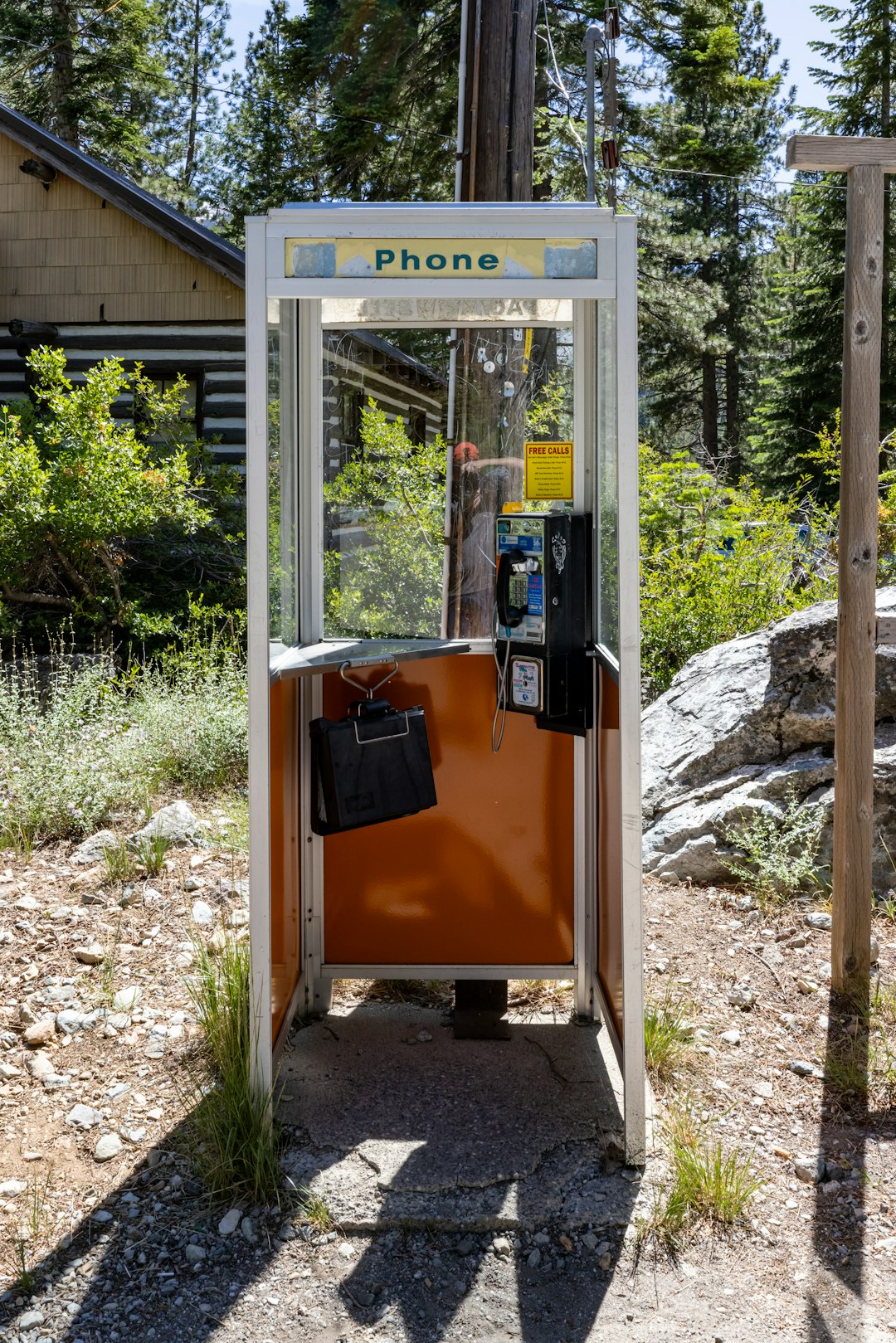Colorado consumers are protected from unwanted and harassing phone calls, especially automated or prerecorded messages (robocalls), by the Telephone Consumer Protection Act (TCPA) and state laws. If experiencing frequent robocalls or text messages, document details, file complaints with authorities, and consult a specialized stop unwanted texts lawyer or robocall attorney in Colorado for legal action and potential damages. These professionals assist in navigating regulations to stop harassment and protect consumer rights.
In an era dominated by digital communication, consumers in Colorado face a growing menace: harassing phone calls and unwanted texts, often from robocalls. These intrusions can have severe psychological and financial impacts, prompting the need to fortify consumer rights. This article explores comprehensive strategies to combat this issue, focusing on legal avenues, documentation techniques, and prevention methods. From understanding your rights to engaging a specialized robocall lawyer in Colorado, learn how to stop unwanted texts and protect yourself from invasive marketing tactics.
- Understanding Consumer Rights Against Harassment Calls in Colorado
- The Impact of Unwanted Texts and Robocalls
- Legal Framework for Stopping Unwanted Marketing Communications
- How to Identify and Document Harassing Phone Calls
- Taking Action: Steps to File a Complaint with the FTC and State Authorities
- Engaging a Robocall Lawyer in Colorado: What to Expect
- Success Stories: Case Studies of Effective Robocall Lawsuits
- Prevention Strategies: Protecting Yourself from Future Harassment Calls
Understanding Consumer Rights Against Harassment Calls in Colorado
In Colorado, consumers have rights against unwanted and harassing phone calls, especially from automated or prerecorded messages known as robocalls. The state’s robocall law is designed to protect residents from these persistent and often disruptive calls. If you’re receiving frequent stop unwanted texts or robocalls, knowing your rights is the first step towards taking action.
Consumers in Colorado have the legal right to refuse all incoming robocalls and text messages from telemarketers. This means no consent, no interest, and no obligation to engage. With the help of a qualified stop unwanted texts lawyer or robocall attorney in Colorado, you can learn how to file complaints against violators and potentially seek damages for any financial loss incurred due to these harassing calls. Several robocall law firms in Colorado specialize in defending consumer rights and are equipped to guide individuals through the legal process of stopping unwanted communication.
The Impact of Unwanted Texts and Robocalls
Unwanted texts and robocalls have become a pervasive issue, significantly impacting consumers’ daily lives. These incessant messages, often promoting products or services, can be highly intrusive and stressful for recipients. The sheer volume of automated calls and texts contributes to a feeling of being overwhelmed and harassed, leading to increased anxiety and potential mental health concerns. Many individuals find themselves unable to escape these persistent communications, even in their personal time.
In Colorado, where consumer protection laws are stringent, victims of such harassment have legal options. A stop unwanted texts lawyer or attorney specializing in robocall cases can provide guidance and representation. These professionals help consumers navigate the relevant laws, such as the Telephone Consumer Protection Act (TCPA), to stop the influx of unwanted communications. Engaging a robocall law firm or attorney in Colorado is a proactive step towards reclaiming personal space and peace of mind from relentless marketing efforts.
Legal Framework for Stopping Unwanted Marketing Communications
In Colorado, consumers have legal protections against unwanted marketing communications, particularly in the form of robocalls and texts. The Telephone Consumer Protection Act (TCPA) is a federal law that restricts businesses from making automated phone calls or sending text messages to individuals without prior consent. This means that if you have not given explicit permission for a company to contact you this way, they could be violating your rights. Consumers can take legal action against these violations and seek compensation for any harm caused by the unwanted communications.
A “stop unwanted texts lawyer Colorado” or “robocall law firm Colorado” can help navigate these complex laws and protect individuals’ rights. These professionals are well-versed in the TCPA and state-specific regulations, enabling them to assist clients in stopping unwanted marketing efforts and seeking damages if necessary. With their expertise, consumers can rest assured that their rights are being defended against abusive or fraudulent robocalls and texts.
How to Identify and Document Harassing Phone Calls
Identifying and documenting harassing phone calls is a crucial step in protecting your consumer rights. If you’re receiving unsolicited or unwanted texts or robocalls, pay close attention to the details. Note down the caller’s phone number, the date and time of each call, and any specific messages or scripts they use. Save these texts as evidence if needed, as it can be beneficial when dealing with a robocall law firm or robocall lawyers in Colorado.
When documenting, include any information that stands out—for instance, calls at unusual hours or repeated attempts to reach you. These details can help establish a pattern of harassment. Additionally, keep a log of any actions taken by the caller, such as threatening messages or attempts to collect personal data. Having this comprehensive record will assist a stop unwanted texts attorney in Colorado when taking legal action against persistent harassers and enforcing your rights under relevant laws, including the state’s robocall regulations.
Taking Action: Steps to File a Complaint with the FTC and State Authorities
If you’re experiencing persistent harassment in the form of unwanted text messages from telemarketers or scammers, it’s time to take action. The first step is to document every incident, including the date, time, and content of each message. This evidence will be crucial when filing a complaint.
You can file a complaint with both federal and state authorities to stop these nuisance calls. In Colorado, you can contact the Federal Trade Commission (FTC) online or by phone to report robocalls and unwanted texts. They have a dedicated system in place to track and address consumer complaints. Additionally, reach out to the Colorado Attorney General’s office, which has a Consumer Protection Division that investigates and takes action against violators of consumer rights, including those who engage in harassing phone calls. For legal assistance, consider consulting a stop unwanted texts lawyer or robocall attorney in Colorado who specializes in such cases. These professionals can guide you through the process, ensure your rights are protected, and help stop the harassment at its source.
Engaging a Robocall Lawyer in Colorado: What to Expect
In Colorado, consumers dealing with unwanted robocalls or persistent harassment through text messages have a valuable ally in Robocall Lawyers and Law Firms dedicated to defending rights. If you’re overwhelmed by unsolicited marketing calls or texts, engaging a stop unwanted texts attorney Colorado is a crucial step towards regaining control. These legal experts specialize in navigating the intricacies of consumer protection laws and can help you understand your rights and available options.
A robocall law firm Colorado will assess your situation, determine if the robocalls or texts violate any regulations, and craft an effective strategy to halt the harassment. They may negotiate with the offending parties on your behalf, file official complaints, or even pursue legal action if necessary. Their goal is to ensure that your rights as a Colorado consumer are respected and that you receive the peace of mind you deserve from a spam-free communication environment.
Success Stories: Case Studies of Effective Robocall Lawsuits
Many consumers in Colorado have benefited from robust legal actions against robocallers. Success stories abound where individuals, frustrated by relentless unwanted texts and phone calls, have taken legal action to stop the harassment. These cases not only serve as deterrents but also set precedents for holding violators accountable under state and federal laws.
Lawyers specializing in this area, often referred to as stop unwanted texts attorneys or robocall lawyers Colorado, have successfully represented clients by navigating complex legal landscapes. Their expertise involves crafting compelling arguments, gathering evidence, and negotiating settlements or prevailing in court. These legal professionals help consumers exercise their rights under the Telephone Consumer Protection Act (TCPA) and similar state laws, ensuring that robocallers adhere to strict regulations regarding consent, opt-out mechanisms, and consumer privacy.
Prevention Strategies: Protecting Yourself from Future Harassment Calls
To protect yourself from future harassment calls, especially those involving unwanted texts or robocalls, consider implementing several prevention strategies. Firstly, register for the National Do Not Call Registry. This federal list restricts telemarketers from calling your number, offering a significant barrier against unwanted communication. Regularly reviewing and updating your privacy settings on all devices is also essential, especially when it comes to blocking unknown numbers. Many phone companies provide tools to filter out spam calls.
Additionally, consult with a lawyer specializing in robocall law in Colorado. A stop unwanted texts attorney or law firm can advise you on legal options available under the state’s consumer protection laws. They might suggest using call-blocking apps or software designed to identify and block spam. Educating yourself about your rights and taking proactive measures will significantly enhance your defenses against harassment calls, ensuring a quieter, more peaceful communication experience.






